Consciousness
Recent articles
Modern AI is simply no match for the complexity likely required for harboring consciousness, says Jaan Aru
He argues that our brain’s computations are of a completely different nature than any artificial intelligence because they take place across many spatial and temporal scales and are inextricably entwined with biological materials.
Modern AI is simply no match for the complexity likely required for harboring consciousness, says Jaan Aru
He argues that our brain’s computations are of a completely different nature than any artificial intelligence because they take place across many spatial and temporal scales and are inextricably entwined with biological materials.
Michael Shadlen explains how theory of mind ushers nonconscious thoughts into consciousness
All of our thoughts, mostly nonconscious, are interrogations of the world, Shadlen says. The opportunity to report our answers to ourselves or others brings a thought into conscious awareness.
Michael Shadlen explains how theory of mind ushers nonconscious thoughts into consciousness
All of our thoughts, mostly nonconscious, are interrogations of the world, Shadlen says. The opportunity to report our answers to ourselves or others brings a thought into conscious awareness.
Alex Maier argues that a scientific explanation of consciousness requires grounding in formalized mathematics
When it comes to discovering laws of nature for consciousness similar to those in physics, Maier argues that integrated information theory is the only game in town.
Alex Maier argues that a scientific explanation of consciousness requires grounding in formalized mathematics
When it comes to discovering laws of nature for consciousness similar to those in physics, Maier argues that integrated information theory is the only game in town.
‘Neuroethics: The Implications of Mapping and Changing the Brain,’ an excerpt
In his new book, published today, philosopher Walter Glannon examines the ethics of six areas of neuroscience. In Chapter 4, a portion of which appears below, he tackles the ethical considerations of using brain organoids in research.
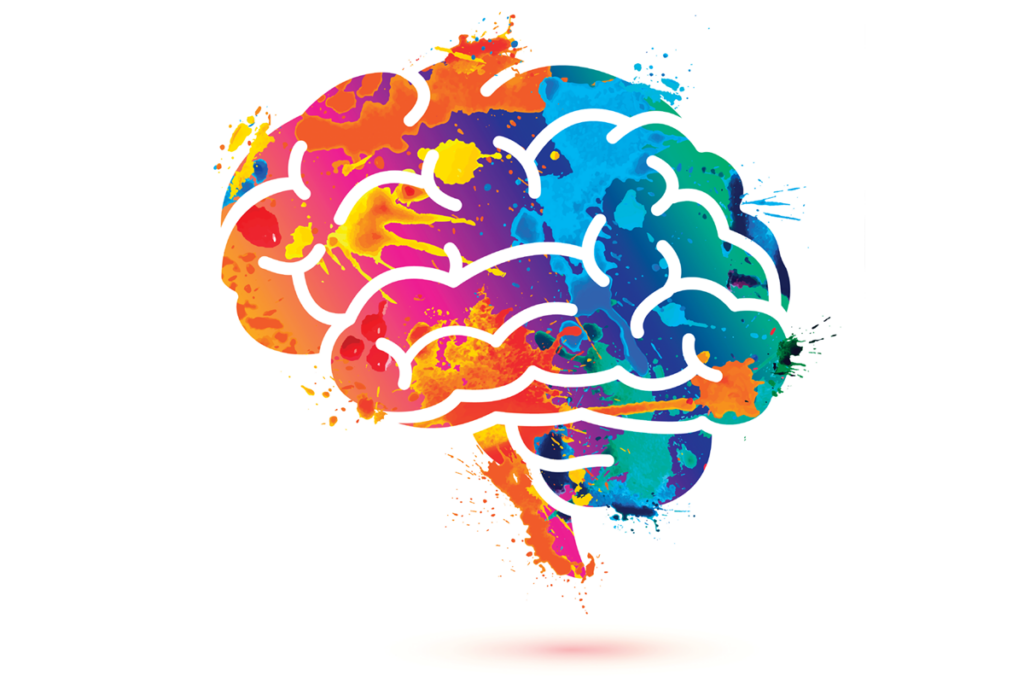
‘Neuroethics: The Implications of Mapping and Changing the Brain,’ an excerpt
In his new book, published today, philosopher Walter Glannon examines the ethics of six areas of neuroscience. In Chapter 4, a portion of which appears below, he tackles the ethical considerations of using brain organoids in research.
Babies, bees and bots: On the hunt for markers of consciousness
To truly understand consciousness, we need new methods to measure it and detect it in other intelligent systems.
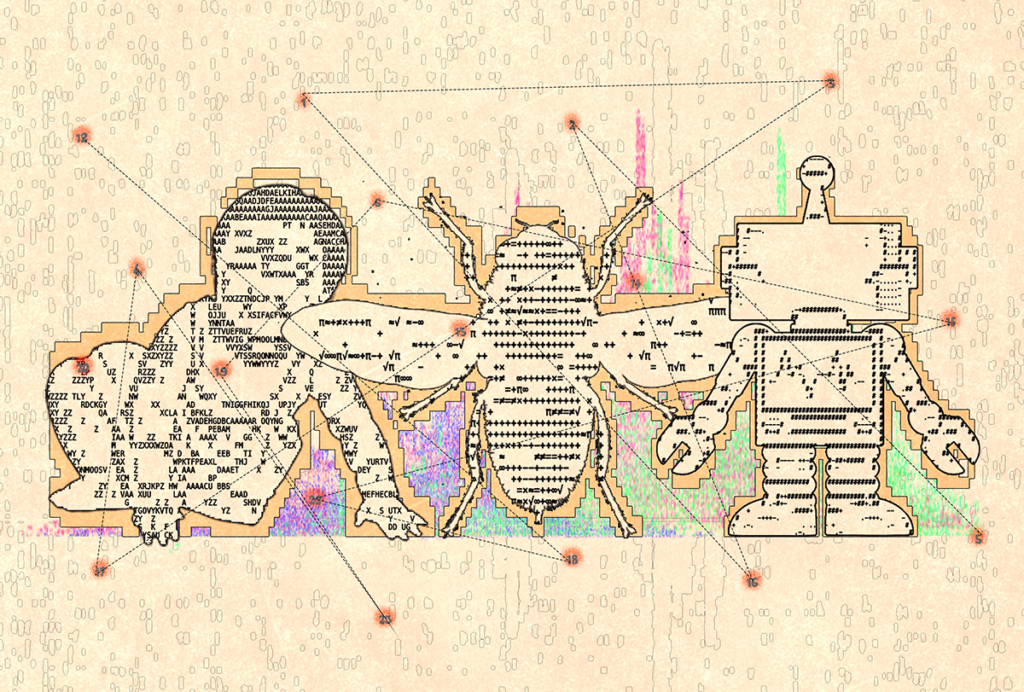
Babies, bees and bots: On the hunt for markers of consciousness
To truly understand consciousness, we need new methods to measure it and detect it in other intelligent systems.
Attention not necessary for visual awareness, large study suggests
People can perceive some visual information even if they do not pay direct attention to it.

Attention not necessary for visual awareness, large study suggests
People can perceive some visual information even if they do not pay direct attention to it.
Premature declarations on animal consciousness hinder progress
Overstating the evidence in support of animal consciousness could impede efforts to develop more accurate ways of assessing it.
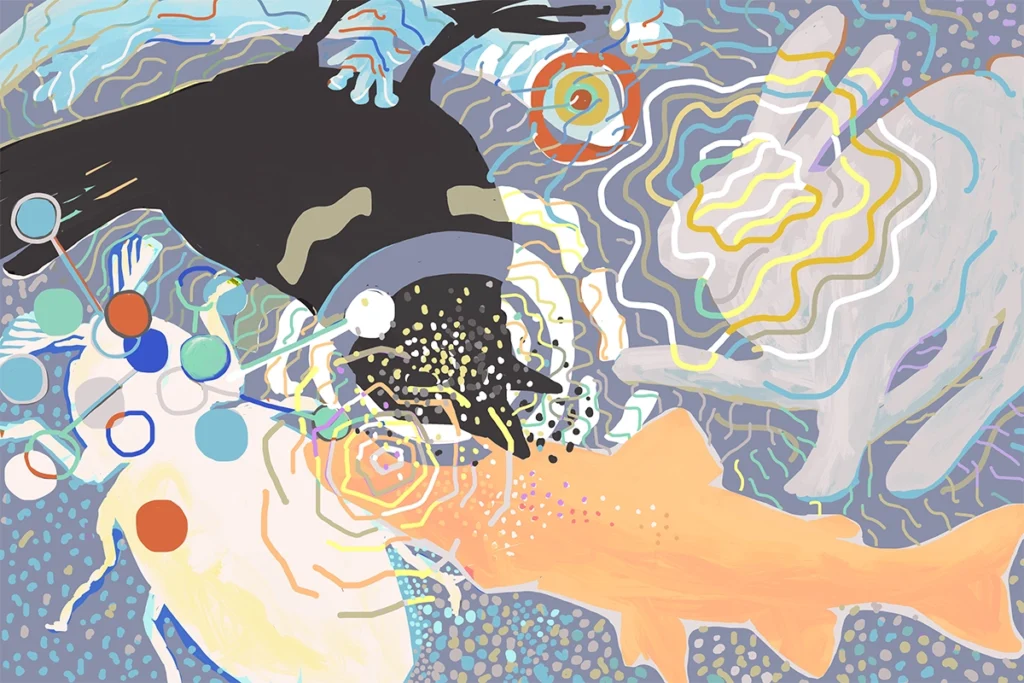
Premature declarations on animal consciousness hinder progress
Overstating the evidence in support of animal consciousness could impede efforts to develop more accurate ways of assessing it.
From reductionism to dynamical systems: How two books influenced my thinking across 30 years of neuroscience
Nicole Rust describes her career-changing literary journey of joy, free will and the evolution of a field.
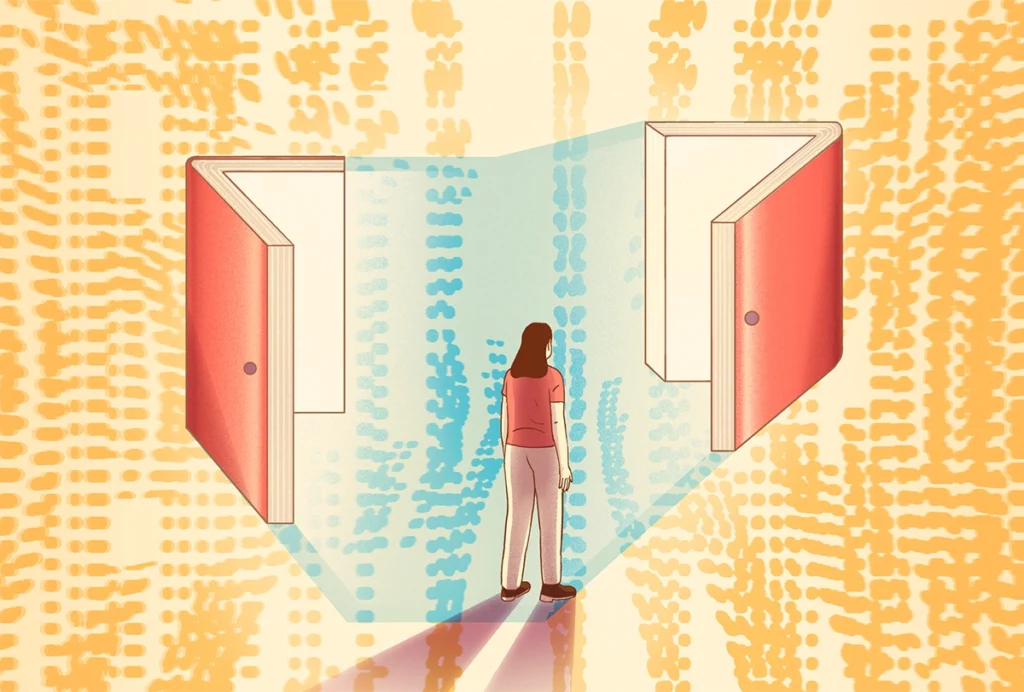
From reductionism to dynamical systems: How two books influenced my thinking across 30 years of neuroscience
Nicole Rust describes her career-changing literary journey of joy, free will and the evolution of a field.
How did consciousness evolve? An excerpt from ‘A History of Bodies, Brains, and Minds: The Evolution of Life and Consciousness’
In his new book, to be published in September, neuroscientist Francisco Aboitiz links consciousness back to the earliest days of biological life.
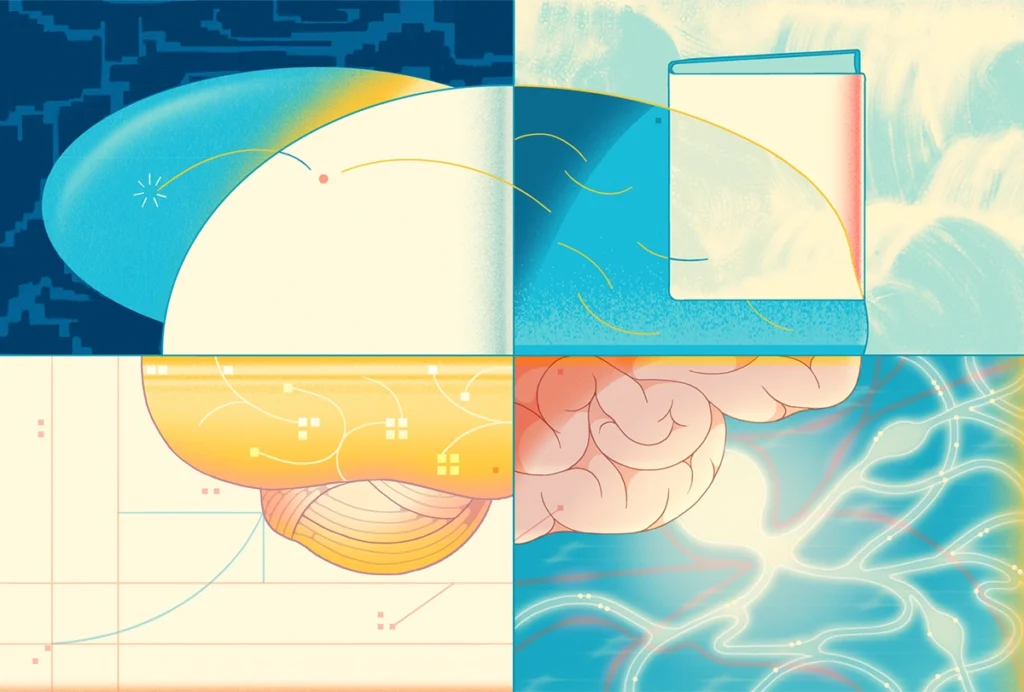
How did consciousness evolve? An excerpt from ‘A History of Bodies, Brains, and Minds: The Evolution of Life and Consciousness’
In his new book, to be published in September, neuroscientist Francisco Aboitiz links consciousness back to the earliest days of biological life.
Six new neuroscience books for fall—plus five titles you may have missed
We highlight the most anticipated neuroscience books for the remainder of 2024 and recap notable releases since last December.
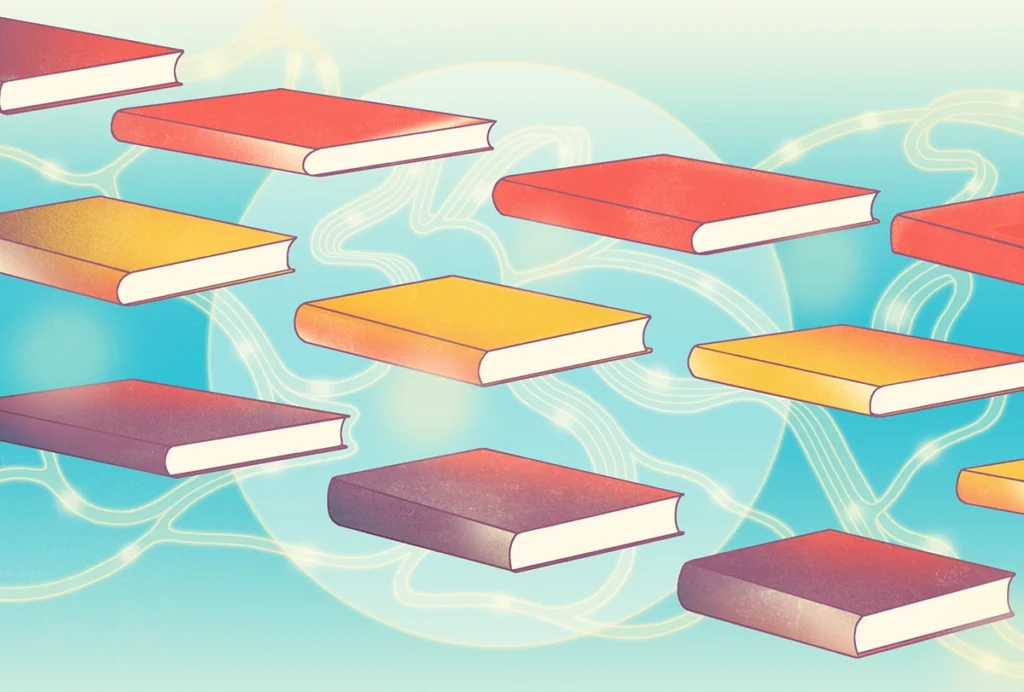
Six new neuroscience books for fall—plus five titles you may have missed
We highlight the most anticipated neuroscience books for the remainder of 2024 and recap notable releases since last December.
Explore more from The Transmitter
Oligodendrocytes need mechanical cues to myelinate axons correctly
Without the mechanosensor TMEM63A, the cells cannot deposit the appropriate amount of insulation, according to a new study.
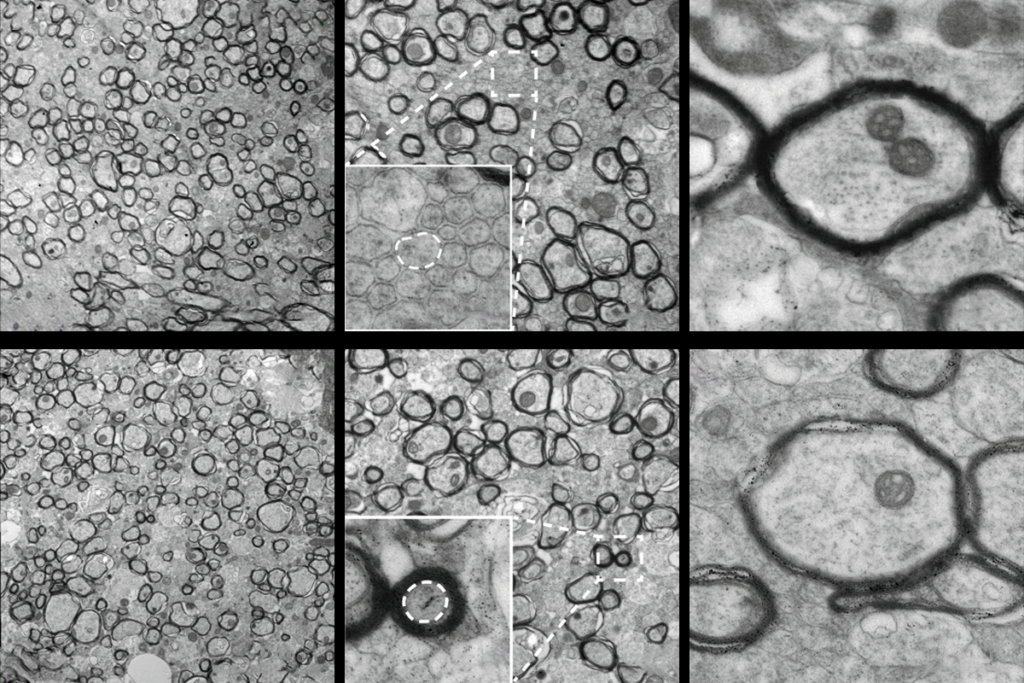
Oligodendrocytes need mechanical cues to myelinate axons correctly
Without the mechanosensor TMEM63A, the cells cannot deposit the appropriate amount of insulation, according to a new study.
Interneurons’ role in epilepsy, and more
Here is a roundup of autism-related news and research spotted around the web for the week of 9 February.

Interneurons’ role in epilepsy, and more
Here is a roundup of autism-related news and research spotted around the web for the week of 9 February.
Aging neurons outsource garbage disposal, clog microglia
Degradation-resistant proteins pass from neurons to glial cells in a process that may spread protein clumps around the brain, according to a study in mice.
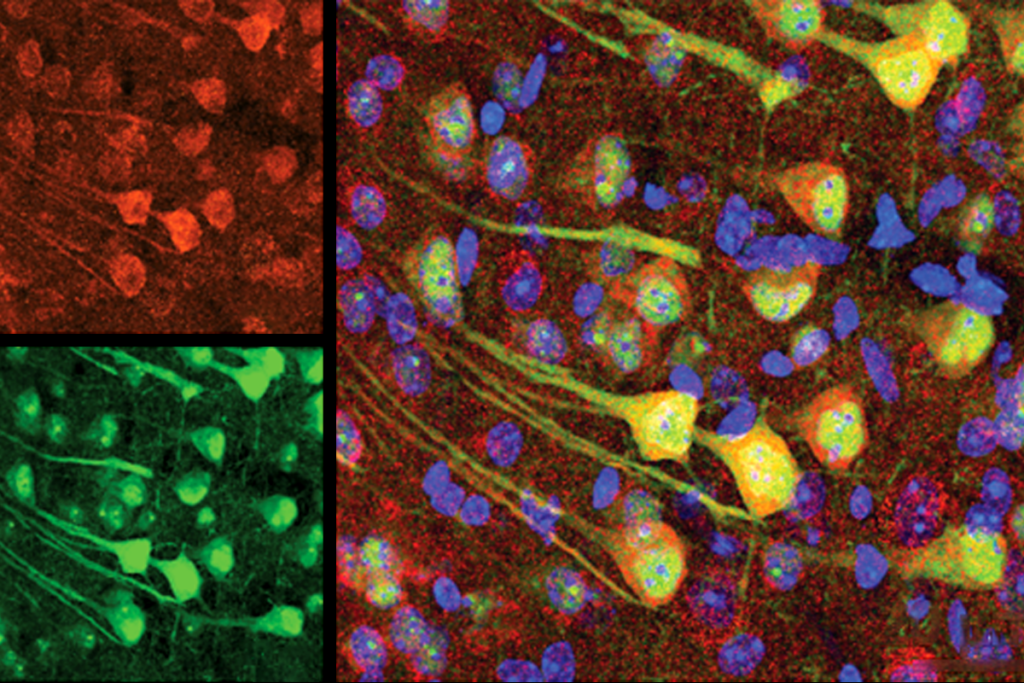
Aging neurons outsource garbage disposal, clog microglia
Degradation-resistant proteins pass from neurons to glial cells in a process that may spread protein clumps around the brain, according to a study in mice.